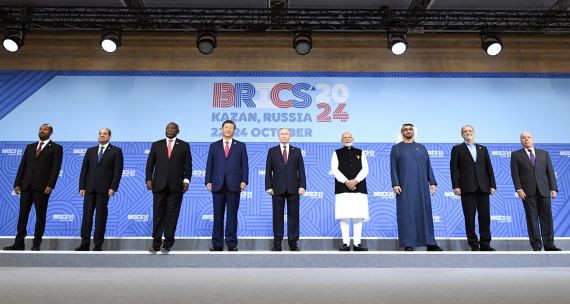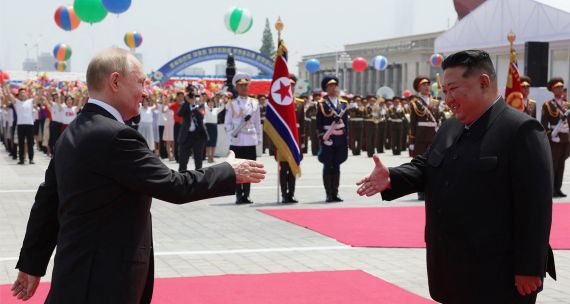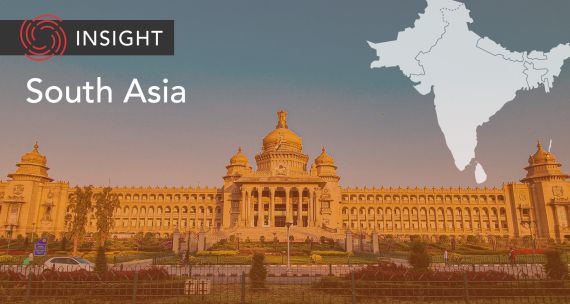In the days after tanks rolled through the nation's capital, tens of thousands of Zimbabweans marched through the streets, many of them chanting one slogan in particular: Bob-o watengesa nyika kuma china — "[Mugabe] you have sold the country to the Chinese."
More than an isolated expression of sinophobia, these words speak to a deep apprehension in Zimbabwe about China's growing role in the country's affairs. In a 2016 Afrobarometer survey, 55 per cent of Zimbabweans identified China as the foreign country with the greatest external influence on its affairs — the highest percentage of any African country. Thirty-one per cent of the population described Chinese influence as a bad thing — more than double the African average.
This apprehension will only grow as the jubilation from shattering the ossifying regime of Robert Mugabe gives way to the grinding reality of an Emmerson Mnangagwa government. The national mood of sinophobia probably will only become more inflamed as circumstantial evidence seized upon by the international press — which associates the Chinese government with Zimbabwe's "soft" coup — filters into the public's consciousness.
Here’s what we know so far:
- Among others, The Guardian, the BBC and The Washington Post are reporting that General Constantino Chiwenga, Zimbabwe's army chief, visited China days before he moved against Mugabe. Haaretz reports that, while in China, Chiwenga met with the Chinese minister of defence and one of his top generals.
The Chinese government has vocally attacked Mugabe's 'indigenization' program, which requires foreign companies in Zimbabwe to be 51 per cent owned by Zimbabwean nationals. As Zimbabwe's biggest investor, China is acutely exposed to this policy. China has lodged numerous diplomatic complaints on this issue and at least one Chinese mining company has filed a lawsuit challenging the policy before Zimbabwe's Supreme Court.
Robert Mugabe's successor, President Emmerson Mnangagwa, is seen as friendly to Chinese foreign investment. He has made comments on Chinese national television supporting the liberalization of Zimbabwe's foreign investment controls. Chinese authorities have worked to dispel widely-circulated rumours that he sought refuge in China during the turmoil.
To put it in terms of a whodunit: the body has been found (Robert Mugabe) and the murder weapon — General Chiwenga — bears China's fingerprints. There is also a clear motive. All that's lacking is a smoking gun. If one should appear in the coming days, it will be devastating for the legitimacy of Zimbabwe's fledgling new government, throwing the country's future and China's substantial investments into even deeper uncertainty.
There may well be a lesson for China in all of this. Zimbabwe exhibits a pattern we have seen elsewhere: national elites are keen to capture China's outbound investment — but it comes harder and faster than the public is ready for, and a backlash ensues.
Indeed, we might be excused for asking: when China is building the equivalent of a second national electricity grid in Zimbabwe, which is the real government?
In such a moment of political fragility, suspicion and backlash, China's substantial investments in Zimbabwe are vulnerable to any charismatic populist who can capitalize on the moment. If China wishes to successfully pursue its Belt and Road Initiative, it might be wise to pay more attention to what the people think.
This piece original appeared on iPolitics on December 11, 2017.



